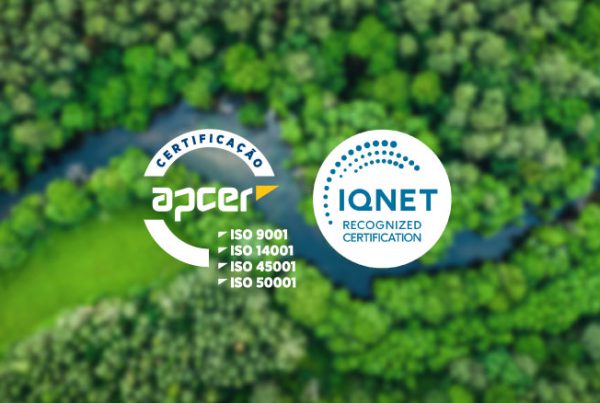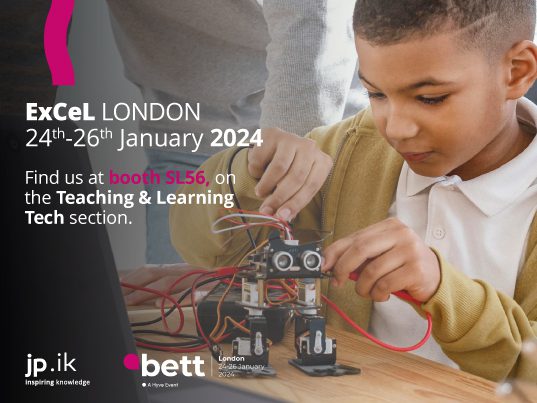A quality teaching can be powerful enough to break the vicious cycle of exclusion, poverty and violence as it assists children in the development of the necessary skills to live with dignity, tolerance and respect, actively participating in the community life. This common ground joined jp.ik and SOS Villages d’ Enfants in the implementation of this educational project.
Technology is seen as one of the most remarkable transformations of the past century that has made information and knowledge flow unstoppable. This new and unavoidable reality impels Ivory Coast into the integration of technology in education. Therefore, in 2011 a direction scheme on e-education was established by the President of the Republic and one year later the TICE1 (ICT at School) as a new discipline in the national education system was introduced.
Afterward the Ministry of National Education and Vocational Training (MENET) has established ICT programs for primary and secondary cycle. Nevertheless, there is still a gap between the will to integrate the new discipline in the curriculum and the effective implementation of the teaching in the schools.
In fact, on one hand, over than 60% of the active teachers do not have ICT skills. On the other hand, schools are not being sufficiently equipped with devices and internet connection as the Government has not been able yet to take any initiative to lower the excessively high cost of the material.
The scope of the project
Contemplating the Ivorian reality, the biggest challenge is how to mitigate the lack of access to the pedagogy manuals by the students. For instance, in public schools, at the best chance, a minimum of two students for one French or Maths manual.
If integrated in low-recourse education centres, technology has the potential to evoke investments in education, to improve outdated educational platforms and accelerate academic performances.With this challenge in mind, SOS Villages d’ Enfants Ivory Coast saw in jp.ik a referral partner to get on board in this educational project, which aims for the familiarization of the students with technology and the acquisition of basic digital skills. MGCI also joined this project with the goal of providing meaningful local technical and logistical support. For its turn, Google contributed as a financial supporter to this successful project. By investing in this project, the partners involve expect to achieve autonomous research for documentation with the pedagogical digital tools and the pedagogic interaction with the teacher.
“I’m really satisfied. Before we practiced a traditional teaching, where as in today’s world alongside the transformation of the digital innovation, these devices are very favourable tools for us. The focal point is kids want to learn. They are really encouraged to study betterâ€.
Mr. Kouassi Nicolas, Teacher
The How-to of the project
The SOS Villages d’Enfants schools in Abobo, Aboisso and Yamoussoukro only have a few digital devices available and the teachers have been trained by the Ministry of National Education and need more capacity building, to be able to integrate ICT to comply with the presidential decree.
For this reason, SOS Villages d’ Enfants Ivory Coast developed an integrated approach covering the education of students and teachers development combined with the active community participation, a solid school governance and the deliberate use of appropriate technology.
The SOS Villages d’ Enfants Ivory Coast empowered this educational project aiming to reach two groups of children. On one side, the students of the Organization targeted group. In other words, the children that have lost or that are at risk of losing parental care and that have integrated the schools in preschool and primary cycles.
On the other side, the second group of children reached by this project are the six public schools located close to the Organization that have no access to these new pedagogical tools.
The Project was launched simultaneously in the three schools of SOS Villages d’ Enfants Ivory Coast: Abobo, Aboisso and Yamoussoukro, respectively. The length of the project in Abobo is expected to be of 12 months, while the length of the projects in Aboisso and Yamoussoukro is expected to be of 36 months.



